News and views from our community
-
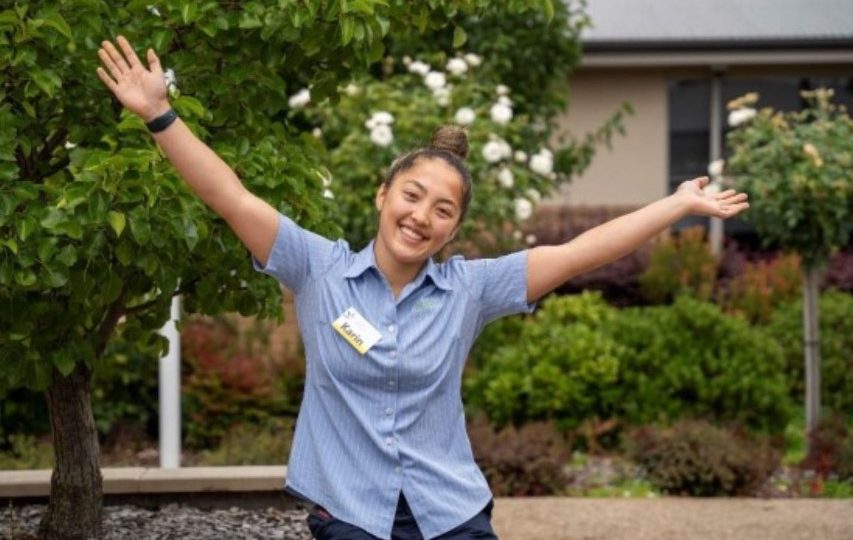
From passion to purpose: Meet the young people in aged care
Across Australia, the average age of people who work in aged care is 47, but the younger generation are making their presence felt. To mark Aged Care Employee Day, meet some of BaptistCare’s next generation of aged care workers and hear what draws them to a career caring for older Australians.
- 06 Aug 2025
-

Baptcare Harmony Day Cookbook
A little while ago, the Baptcare Diversity, Equity, Inclusion and Belonging (DEIB) Workgroup released a Baptcare Harmony Day Cookbook. How did it come about? What is the most exciting recipe in it? We asked DEIB Workgroup members Lana Davis and Inneke Bakker more about the cookbook and its origins. Keep reading to find out more.
- 29 Jul 2025
-
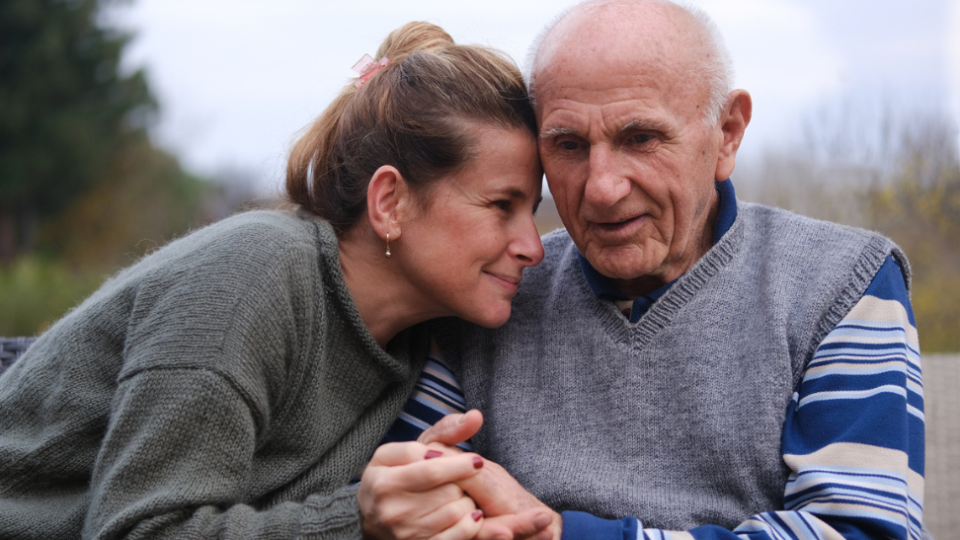
Ten signs your elderly parent needs support
As our loved ones age, it’s not always easy to know when they need extra support. They may be uncomfortable asking for help and changes in their habits can happen gradually, making them easy to overlook. Knowing what to watch out for can help you support your loved one in making confident, informed decisions about getting the right senior living support. Here’s ten signs that your elderly parent or family member may need some extra support to stay comfortable and confident at home.
- 21 Jul 2025
-
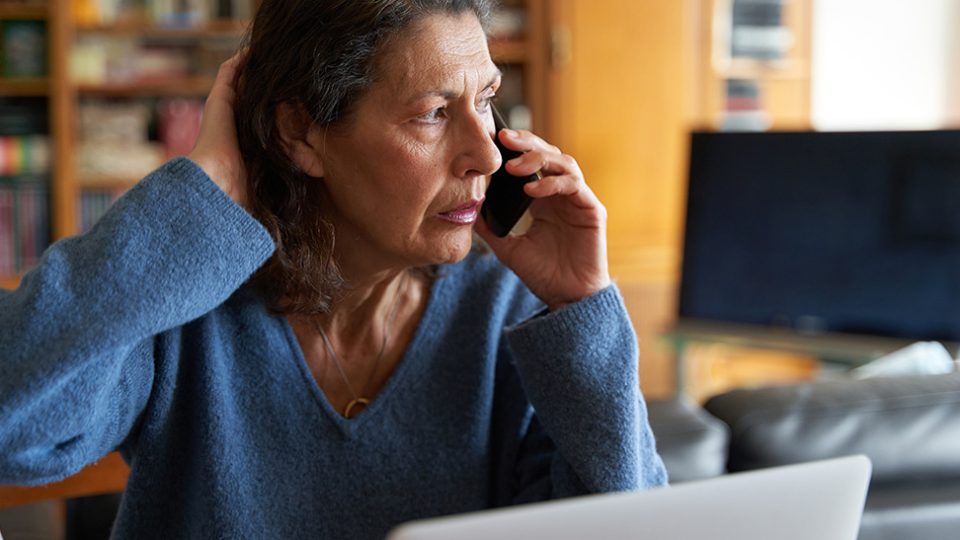
Tips for dealing with life in the sandwich generation
This is part two in our blog series on the sandwich generation. Here are some tips for dealing with the carer’s squeeze experienced by a growing number of Australians, particularly women. Key points: Summary of challenges facing the sandwich generation Tips for dealing with the challenges System reforms needed
- 11 Jul 2025
-
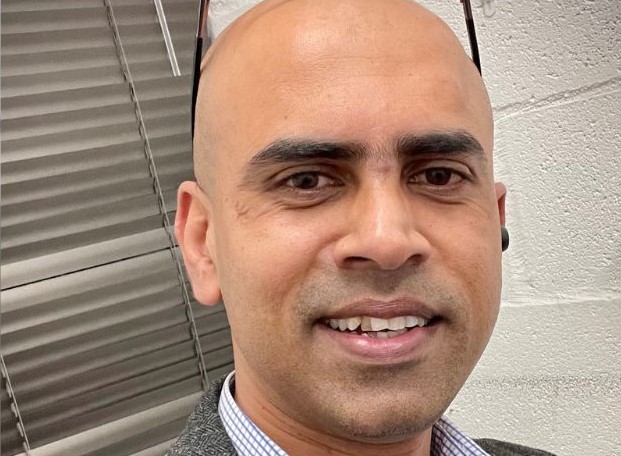
Meet Suraj | Hospitality Manager Residential Aged Care
What makes a residential aged care community truly feel like home? It’s the perfect blend of a warm, inviting atmosphere, devoted and compassionate staff, and thoughtfully crafted meals that foster an undeniable sense of belonging. Today we meet Suraj Ligade, Baptcare’s Hospitality Manager, to explore how his passion for care and culinary excellence nourishes both the bodies and spirits of our treasured aged care residents.
- 10 Jul 2025
-
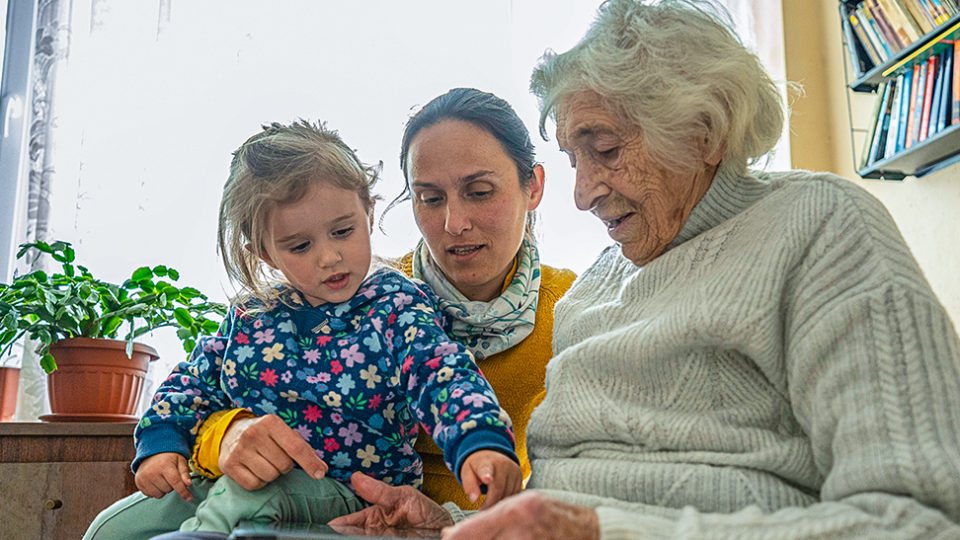
The sandwich generation phenomenon unpacked
Welcome to the first of two blogs on the theme of the sandwich generation in Australia. In this one, we’ll cover the definition of the sandwich generation, the different types of caring that fall within it and some of the issues those in the sandwich generation face. The second blog will cover tips for dealing with life in the sandwich generation
- 02 Jul 2025
-
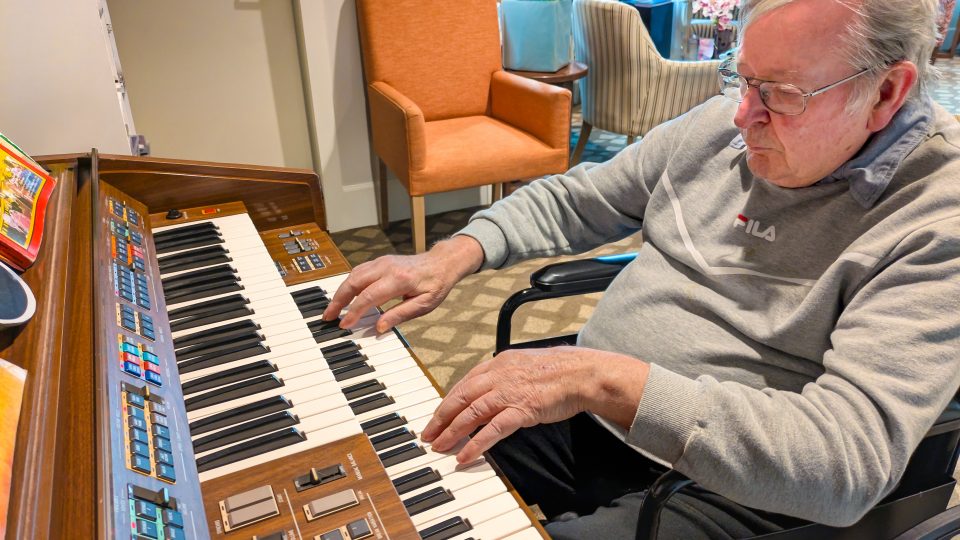
Wyndham Lodge Choir
Every Tuesday afternoon, residents gather in the sunny music room at Baptcare’s Wyndham Lodge Residential Aged Care community to sing together.
- 25 Jun 2025
-
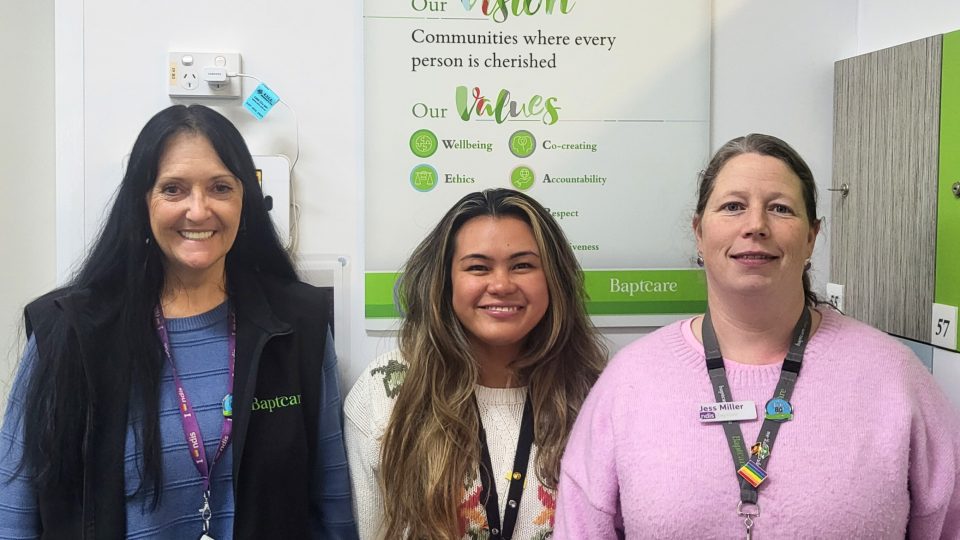
The Green Team at Moonah Hub
The Sustainability Team, known as ‘The Green Team’, are based at Baptcare Moonah Hub in Hobart and are all about promoting environmentally friendly and sustainable practices in their office, the wider organisation and the local community. We asked Jess Miller, their enthusiastic and determined leader, all about the team and what they do. Read more below!
- 11 Jun 2025
-
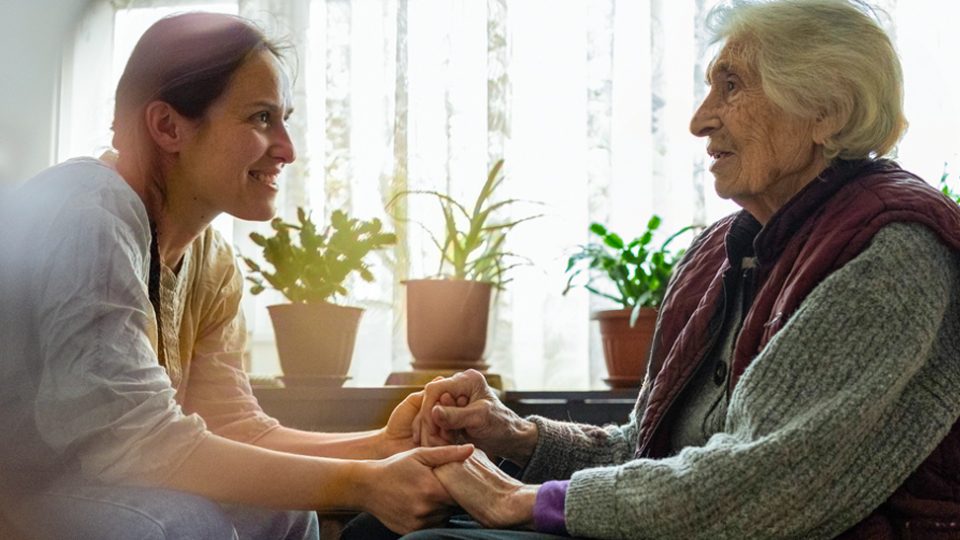
Tips for addressing depression in older adults
Our post-retirement ‘golden years’ are often portrayed as a time of relaxation and enjoyment with plenty of time on our hands to enjoy the things we love. However, for many older adults this period can be overshadowed by struggles with depression.
- 05 Jun 2025
